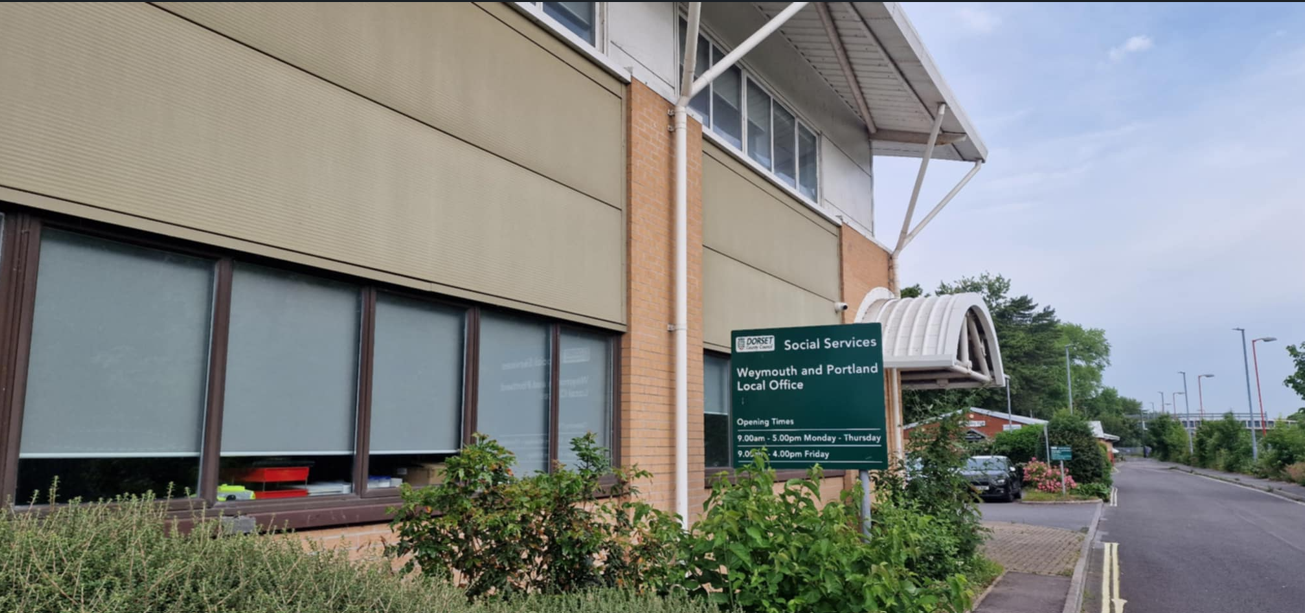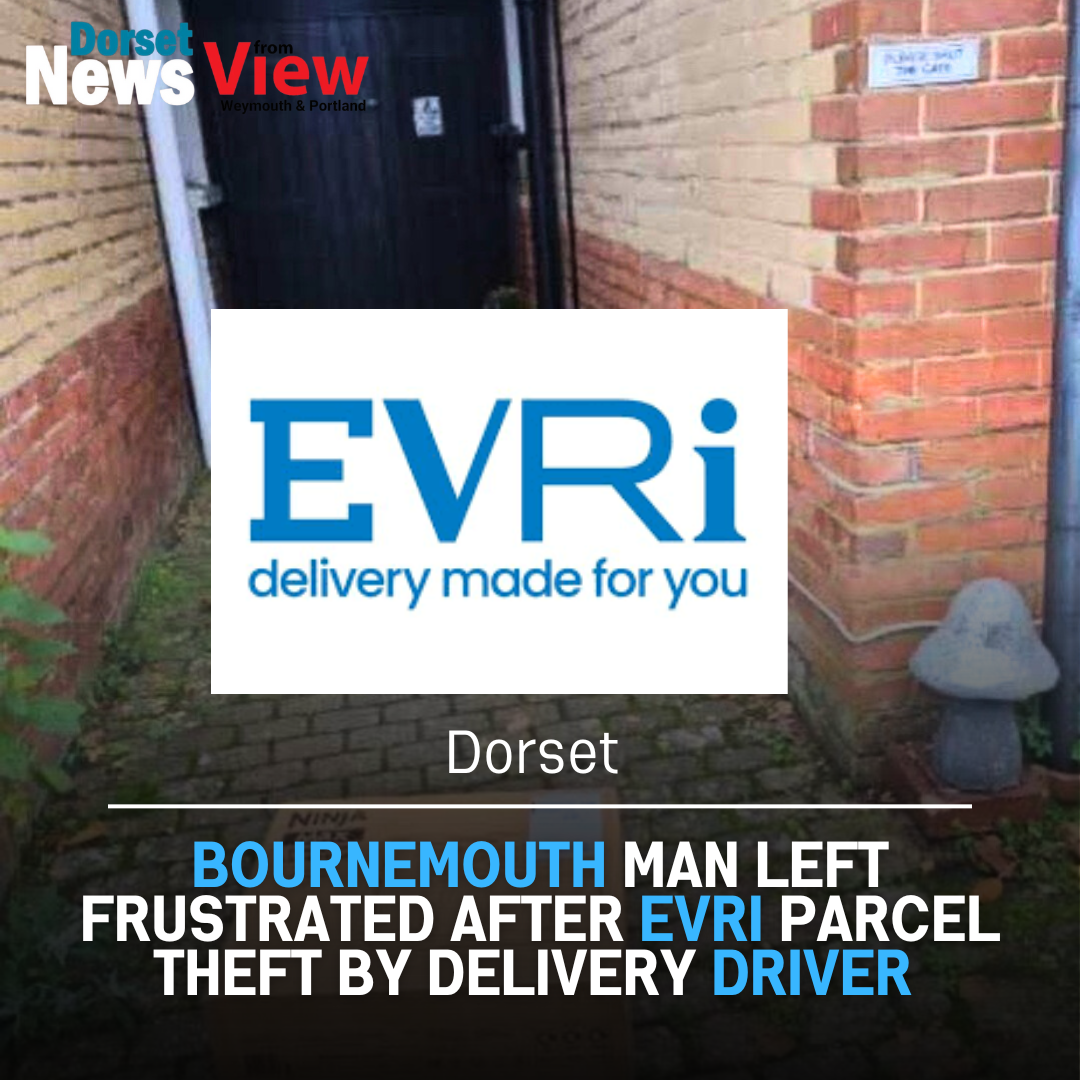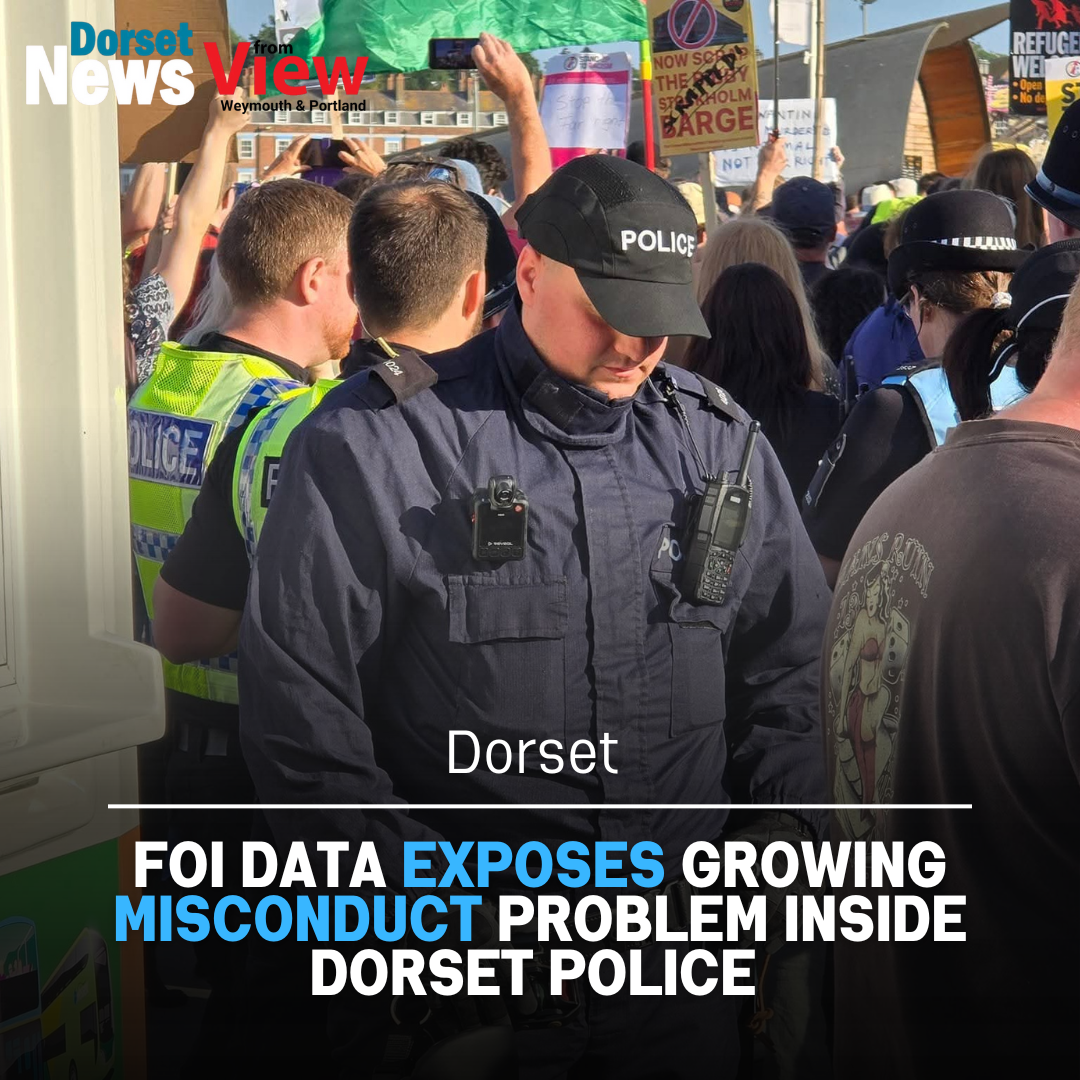In recent times, growing concern has emerged around the role of social services in Dorset and whether families are being torn apart without clear or sufficient evidence. One troubling case has brought this issue to light, sparking urgent questions about the balance between child protection and the rights of families to remain together.
A Family Divided — With No Proof of Harm
A Dorset family, previously living peacefully, has recently been broken up by social services despite no signs of abuse or neglect. The father, a full-time worker with a clean record and a history of community involvement, has reportedly been barred from returning to the family home and from having any contact with his children. The mother and children have all stated there are no problems within the home, and that the allegations made were either false, malicious, or based on misunderstood or exaggerated situations.
Yet, social services have acted decisively, even in the absence of tangible evidence. The family has been left devastated, confused, and powerless.
In an especially disturbing development, the mother and children were reportedly forced out of their own home by social services and placed into temporary accommodation—a local B&B. The decision was made without due process or evidence of danger in the home. The accommodation was unsuitable for long-term family living and, after only one night, the family made the decision to book a taxi and return home.
According to the family, social workers attempted to emotionally blackmail the mother, insisting she and the children remain in the B&B despite no risk being identified in the family household. The family described the intervention as coercive and traumatic, made worse by the fact that no credible or substantiated evidence had been provided to justify such extreme measures.
The initial referrals to social services reportedly came from third parties—individuals not directly involved in the family dynamic. The family claims these concerns were not based on firsthand knowledge but on malicious intent or gross misinterpretation of everyday family life. Neutral actions were allegedly twisted to seem negative, while no proper investigation was carried out to confirm the facts before life-altering decisions were made.
The Role of Social Services: Protection or Overreach?
Social services exist to protect vulnerable individuals, especially children. This is a vital and often difficult job, where mistakes can have life-altering consequences. But protection must be grounded in facts. The power to remove a parent from their family, or force a family out of their home, especially without court proceedings or verified evidence, is an immense one—and should not be exercised lightly.
In this case, the actions of Dorset social services appear to lack transparency, justification, and proportionality. With no criminal charges, no history of violence or abuse, and both parents and children denying any wrongdoing, the situation raises a serious question:
Should social services have the authority to break up families without solid evidence of harm?
Presumption of Innocence and the Need for Reform
In the legal system, individuals are presumed innocent until proven guilty. Shouldn’t the same principle apply in family life? Removing a parent or forcing a family from their home should be a last resort, not a precaution taken on the basis of suspicion or rumor. Without clear evidence, such interventions risk doing more harm than good—causing emotional trauma, breaking trust, and damaging the very relationships that social services are meant to protect.
Accountability and Oversight
This case underscores the need for greater accountability and oversight within social services. Families must have access to fair, transparent review processes. Decisions must be evidence-based, subject to independent scrutiny, and never based on assumption or pressure.
False or malicious reports should carry consequences. Families wrongly targeted should be given a pathway to justice and restoration.
The core question remains: Should social services be allowed to break up families with no evidence?
The answer must be no.
Child protection is essential, but it must be executed fairly, ethically, and transparently. When systems of power act without proof, they not only fail to protect—they can become the source of harm themselves.
It is time for Dorset and other local authorities to re-examine their approach, uphold due process, and ensure that social services serve the people—not control them through fear, coercion, or unchecked authority.
Have you had a bad experience with Dorset Social Services? email us at Newsdesk@dorset-news.co.uk
Discover more from Dorset News
Subscribe to get the latest posts sent to your email.
















Leave a Reply